Arthur Rubinstein – The Love of Life (1969 Documentary) アルトゥール・ルービンシュタイン 「愛すべき人生」
L’amour de la Vie (The Love of Life,1969). Documentary about Polish-American pianist, Arthur Rubinstein.
An Oscar winning look at the life of Albert Rubinstein shortly after he turned 70. It contains some home movies of him and his family, but is primarily him talking and demonstrating his great skill as a pianist.

- Directors
- Stars
Please, subscribe to our Library.
If you are already a subscriber, please, check our NEW SCORES’ page every month for new sheet music. THANK YOU!
Best Sheet Music download from our Library.
Arthur Rubinstein: The Love of Life
L’Amour de la vie – Artur Rubinstein
“You must never touch any piece of music that isn’t yours…that doesn’t talk to you.”
Arthur (or Artur) Rubinstein (1887–1982) was the most fêted classical concert pianist of the 20th century, with a career that spanned almost the entirety of it. At age four he was identified as a prodigy, and in spite of poverty that prevented him from studying under the best teachers, he was already the toast of Europe when he made his Paris debut at age 17 and world-famous by the age of 19, when he debuted at Carnegie Hall.
This loose and lazy biographical documentary made when he was 81, near the end of his life, Arthur Rubinstein, L’amour de la Vie, or, Arthur Rubinstein, The Love of Life was produced for French TV and later altered slightly for an American release. It’s a valuable, if scattershot, impressionistic record of reminiscences and views of his daily life, travels and concert rehearsals and performances.
It was a “safe” winner of the best documentary Oscar in 1970, going up against Emile de Antonio’s better, blistering screed on American colonialism and Vietnam incursion, In the Year of the Pig, which must have been deemed too volatile. (By 1974 when Hearts and Minds won the prize, it had become OK for the Academy to recognize movies critiquing the war.)
Rubinstein was fluent in eight languages and a cosmopolitan who probably traveled more than anyone who ever lived, and the movie jumps around from Spain (the primary place he lived at the time), India, Israel, Turkey, France, and maybe some other places, without usually identifying them, and I found myself quite often taking small clues from the movie and hitting Google/Google images trying to figure out where the movie was at any given time. I consider this failure to identify its locations to be a great flaw in a film that’s presenting Rubinstein as a sort of artistic and cultural ambassador.
There’s a scene, for instance, where Rubinstein is playing a dusty but beautifully tuned piano in an open-air amphitheater amid ancient ruins without saying where he was, and after some digging I ascertained the location was the ancient ruins at Ephesus in Turkey.
Although I’d hesitate to call the movie hagiographic, it definitely operates in the “life-affirming” category, letting Rubinstein criticize himself mainly about his youthful indiscretions while glossing over other stuff. His wife, Nela, who he so lovingly trots about with throughout the film, would be thrown aside for a much younger than when he turned 90 (he died at 95).
The film is a slow burner, never innovative or surprising, but the charm of its subject wins you over, though a basic love of classical music and of Rubinstein’s artistry are pretty much essential for full enjoyment. I possess those passions and loved the movie as much as possible given its limitations.
Interestingly, according to Harvey Sachs’ biography, Rubinstein, A Life, the pianist himself did not like the film very much, calling it “haphazard,” and the musical performances captured in it too improvised. Being a perfectionist, he didn’t like being seen at less than his best.
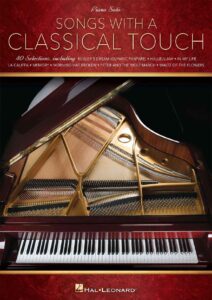
Browse in the Library:
| Artist or Composer / Score name | Cover | List of Contents |
|---|---|---|
| Strauss – An Der Schönen Blauen Donau The Blue Danube (Intermediate Piano Solo) (Musescore File).mscz | ||
| Strauss Also sprach Zarathustra op. 30 (arr. for 2 pianos) |
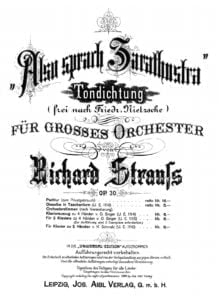 |
|
| Strauss Richard 4 Lieder Op. 27 No. 4 Morgen Musescore File.mscz | ||
| Strauss, Johann Ii An Der Schönen Blauen Donau, Op.314 Jrummel Easy Piano Solo |
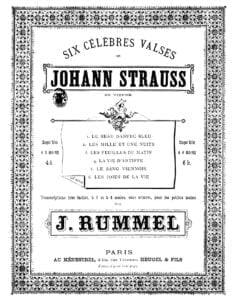 |
|
| Strauss, Johann Ii Waatzes For Piano Op. 314 (Complete) |
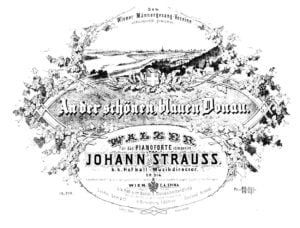 |
|
| Strauss, Johann II Die Fledermaus Suite for piano solo arr. |
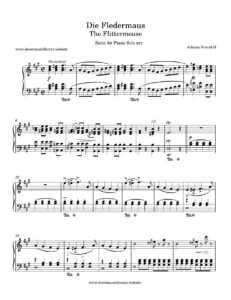 |
|
| Strauss, Johann Ii Die Fledermaus Suite For Piano Solo Arr. Musescore File.mscx | ||
| Strauss, Johann Jr. – The Blue Danube Waltz (Easy Piano Solo) |
 |
|
| Strauss, Richard Also Sprach Zarathustra, Op 30 Einleitung, Oder Sonnenaufgang (Solo Piano Arr) |
 |
|
| Stravinski, Igor – Poetica Musical Book (Español – Spanish) |
 |
|
| Stravinsky Ragtime (Piano Solo, Transcribed By The Composer) |
 |
|
| Stravinsky The Firebird Suite Piano Transcription |
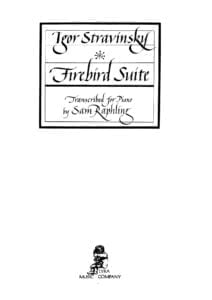 |
|
| Stravinsky Three Movements From Petrushka (piano solo arr.) |
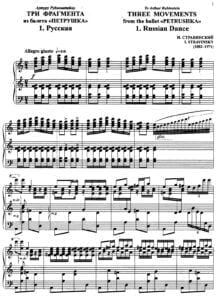 |
|
| Stravinsky – Octet for Wind Instruments |
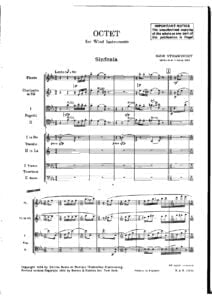 |
|
| Stravinsky – Ragtime (Piano Solo) |
 |
|
| Stravinsky – The Rite of Spring Le Sacre du printemps (4 hands, piano à 4 mains) | Stravinsky – The Rite of Spring Le Sacre du printemps (4 hands, piano à 4 mains) | |
| Stravinsky – The Rite Of Spring – piano 2 hands – arr. by Raphling |
 |
|
| Stravinsky 3 Easy pieces for piano 4 hands |
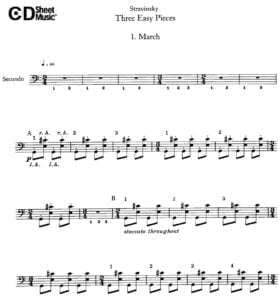 |
|
| Stravinsky 4 Etudes Op.7 |
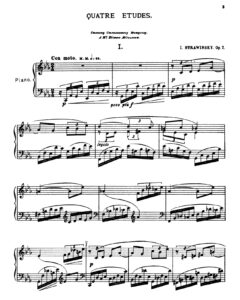 |
|
| Stravinsky And His World by Tamara Levitz (Book) |
 |
|
| Stravinsky Sonata F Sharp Minor |
 |
|
| Stravinsky Symphony of Psalms (arr. piano solo) | ||
| Stravinsky Tango |
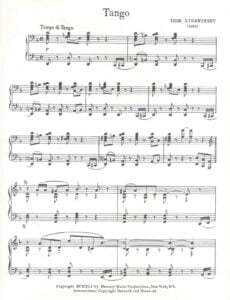 |
|
| Stravinsky The Firebird Piano Transcription |
 |
Stravinsky: The Firebird |
| Stravinsky, Igor 5 Easy Pieces [Piano 4 Hands] |
 |
|
| Stravinsky, Igor – The Rite of Spring Le Sacre du Printemps (piano solo) |
 |
|
| Straylight Run – Existentialism On Prom Night | ||
| Streabbog (Jean Louis Gobbaerts) – 12 Easy and Melodious Studies, Op 64 | ||
| Streabbog (Jean Louis Gobbaerts) – 12 Very Easy and Melodious Studies, op 63 | ||
| Streabbog Book 1 Opus 63 Twelve Very Easy And Melodious Studies |
 |
|
| Streabbog Book 2 Opus 64 12 Melodious Pieces For Piano |
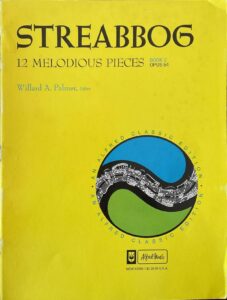 |
|
| Stride & Swing Piano The Complete Guide by John Valerio |
 |
Stride & Swing Piano Stride & Swing Piano – The Complete Guide |
| Stuart K. Hine How Great Thou Art Arr Joel Raney 6 Concert Hymns Expressions For Solo Piano |
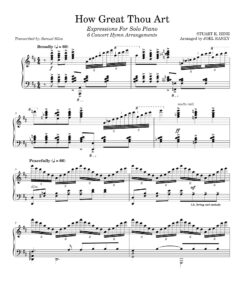 |
|
| Studio Ghibli Guitar Arrangements Best Album (Joe Hisaishi & Hayao Miyazaki) with Tablature |
 |
|
| Studio Ghibli Piano Suite |
 |
|
| Styx – Babe | ||
| Styx – Come Sail Away |
 |
|
| Succar Ya Banat (Caramel OST) Rasha Rizk | ||
| Suis-moi – Le Petit Prince OST (Hans Zimmer – Camille) | ||
| Sum 41 – Pieces | ||
| Summer of ’42 (Michel Legrand) | ||
| Summer of ’42 The Summer Knows Michel Legrand Piano & Voice |
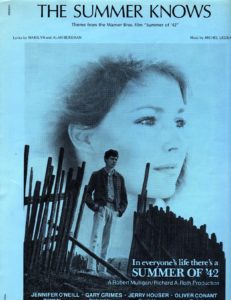 |
Summer of ’42 The Summer Knows Michel Legrand Piano & Voice |
| SUMMER OF’42 THE SUMMER KNOWS Piano (another version) | THE SUMMER KNOWS -SUMMER OF’42 | |
| Summertime – Piano arrangement Pianos Of Cha’n |
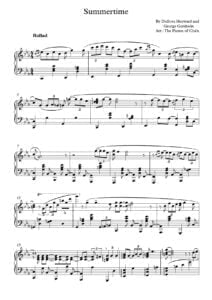 |
|
| Summertime G. Gershwin |
 |
|
| Sun Ra sheet music Collection | 1 Sun Ra index sheet music | |
| Sunday Music (100 Arrangements For Piano Solo) E. Pauer |
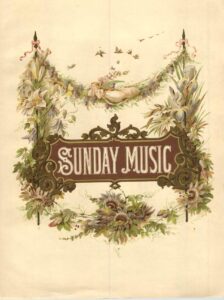 |
Sunday Music (100 Arrangements For Piano Solo) E. Pauer |
| Sunrise on Pontchartrain (The Curious Case of Benjamin Button OST) Alexandre Desplat | Sunrise on Pontchartrain | |
| Super Junior Pajama Party |
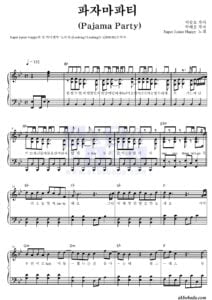 |
|
| Super Mario 64 – dire,dire docks |
 |
|
| Super Mario 64 by Koji Kondo – Piano |
 |
|
| Super Mario Bros – Main Theme | Super-Mario-Bros-Main-Theme | |
| Super Mario Bros – Main Theme Overworld |
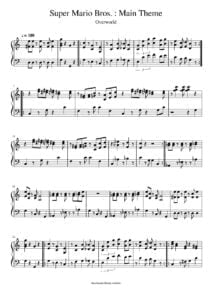 |
|
| Super Mario Bros – Main Theme Overworld (Musescore File).mscz | ||
| Super Mario Bros – Mario Main Theme – Koji Kondo | ||
| Super Mario Bros 2 Overworld Theme by Koji Kondo Piano Solo |
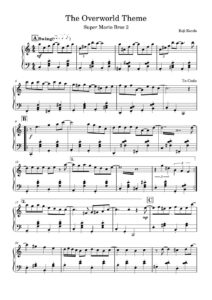 |
|
| Super Mario Bros 2 Complete Piano Arrangement |
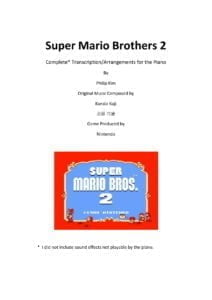 |
|
| Super Mario Bros Overworld Main Theme sheet music |
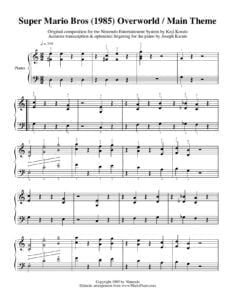 |
|
| Super Mario Bros Songbook |
 |
|
| Super Mario Bros. 3 Don’t stand on the Donuts – Piano Sheet Music |
 |
|
| Super Mario Galaxy – Aquatic Race |
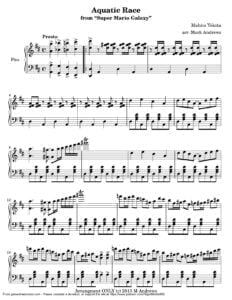 |
|
| Super Mario Galaxy – Attack! Koopas Fleet |
 |
|
| Super Mario Galaxy – Catastrophe |
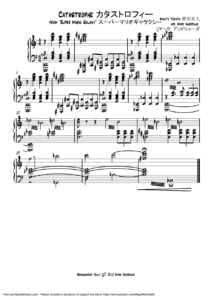 |
|
| Super Mario Galaxy – File Select |
 |
|
| Super Mario Galaxy – King Koopa’s Entrance |
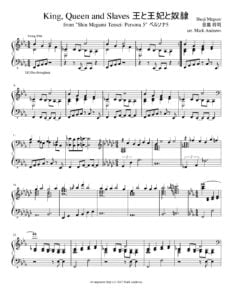 |
|
| Super Mario Galaxy – Kinopio’s Expedition |
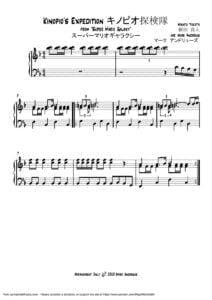 |
|
| Super Mario Galaxy – Overture |
 |
|
| Super Mario Galaxy – Peachs Castle is Stolen |
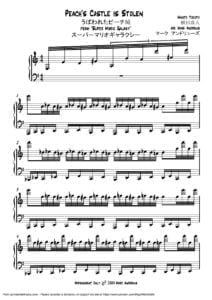 |
|
| Super Mario Galaxy – Rosetta’s Comet Observatory I |
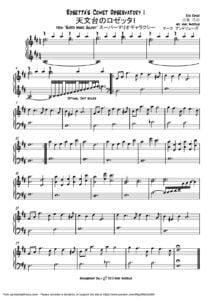 |
|
| Super Mario Galaxy – Starbit Festival |
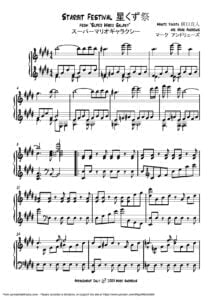 |
|
| Super Mario Galaxy Complete Sheet Music |
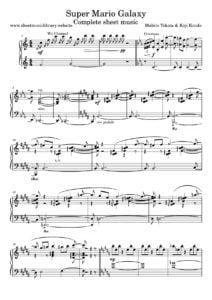 |
|
| Super Mario Galaxy Sheet Music (Musescore File).mscz | ||
| Super Mario Land – Birabuto Kingdom by Hirokazu Tamaka |
 |
|
| Super Mario World 2 Yoshis Island – Athletic |
 |
|
| Super Sight Reading Secrets by Howard Richman (Book) for keyboard players |
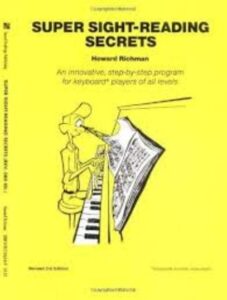 |
|
| Super Solos for Acoustic Guitar Solos (by Johnny Norris) Fingerpicking with Tablature |
 |
Super Solos for Acoustic Guitar Solos (by Johnny Norris) Fingerpicking with Tablature |
| Super Top Ten Volume (Guitar) |
 |
Super Top Ten Volume (Guitar) |
| Supercell – Sayonara Memories |
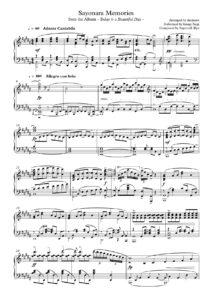 |
|
| Superhero Themes 14 of Your Favorite Heroes and She-Roes |
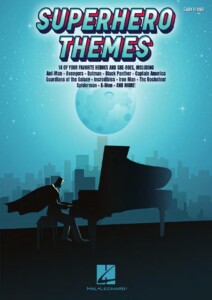 |
Superhero Themes 14 of Your Favorite Heroes and She-Roes |
| Superman Theme For Piano |
 |
|
| Supertramp – Breakfast In America |
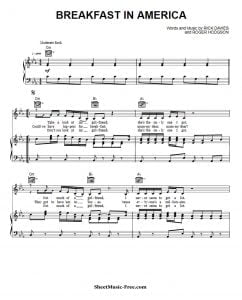 |
Supertramp Breakfast In America Book |
| Supertramp – Logical Song | ||
| Supertramp Anthology Songbook |
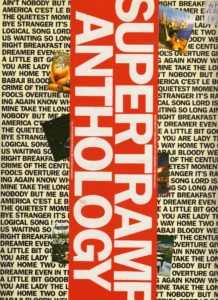 |
Supertramp Anthology Songbook |
| Supertramp Breakfast In America SongBook |
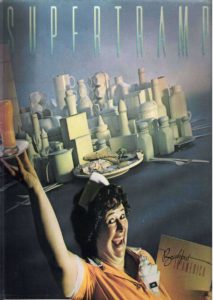 |
Supertramp Breakfast In America Book |
| Supertramp Crisis What Crisis SongBook |
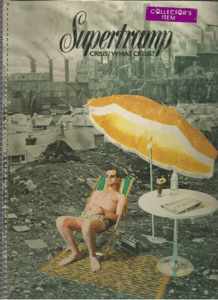 |
 |
| Supertramp Even In The Quietest Moments Songbook |
 |
Supertramp Even In The Quietest Moments |
| Supertramp Famous Last Words SongBook |
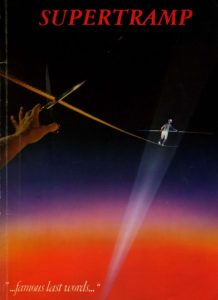 |
Supertramp Famous Last Words Book |
| Supertramp Paris SongBook |
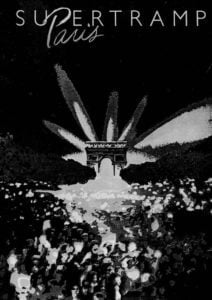 |
Supertramp Paris Book |
| Surface Pressure – Encanto (sheet music).mscz | ||
| Suzanne Ciani Adagio from the album Pianissimo | Suzanne-Ciani-Adagio 1st page | |
| Suzanne Ciani Dream Songs for piano |
 |
Suzanne Ciani Dream Songs piano |
| Suzanne Ciani New Age Piano |
 |
Suzanne Ciani New Age Piano |
| Suzanne Vega Songbook |
 |
Suzanne Vega Songbook |
| SUZUKI – Guitar School Revised Edition (Vol 1) |
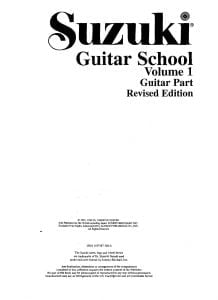 |
SUZUKI – Guitar School Revised Edition (Vol 1) |
| Suzuki Guitar (Complete Vol. 1 To 9) |
 |
SUZUKI GUITAR Vol 1-9 |
| Suzuki Piano School – Vol 07 – Mozart Handel and Paderevski |
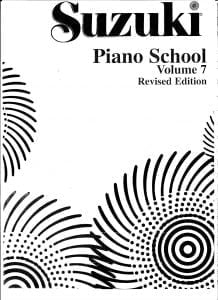 |
|
| Suzuki Piano School Volumes 1 to 7 (240 p.) |
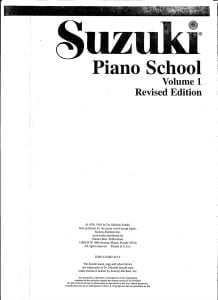 |
Suzuki 1-7 – Piano School (7 books) |
| Suzuki Tsunekichi – Omohi De – Irish Folk Song Opening Theme To The Netflix Series Midnight Diner Tokyo Stories) (Musescore File).mscz | ||
| Suzuki Tsunekichi – Omohi de – Irish Folk Song Opening theme to the Netflix series Midnight Diner Tokyo Stories) Guitar | Suzuki Tsunekichi – Omohi de – Irish Folk Song Opening theme to the Netflix series Midnight Diner Tokyo Stories) Guitar | |
| Sveinn Eythorsson – Easy Guitar Songs |
 |
|
| Swan Lake Theme – Tchaikovsky (Musescore File).mscz | ||
| Swanee River Boogie Woogie – Albert Ammons (Musescore File).mscz | ||
| Sweet Hour Of Prayer – Piano Solo arr. of 13 Sacred Songs by Marvin Goldstein |
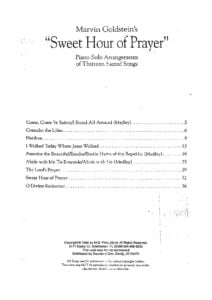 |
|
| Swing And Early Progressive Piano Styles Jazz Improvisation 3 by John Mehegam |
 |
Swing And Early Progressive Piano Styles Jazz Improvisation 3 by John Mehegam |
| Swing Low Sweet Charriot (Musescore File).mscz | ||
| Sydney Bechet Si Tu Vois Ma Mere Lead sheet music GUITAR CHORDS |
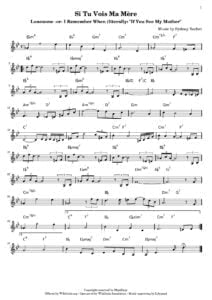 |
|
| Symphony No 40 In Gm K550 (Musescore File).mscz | ||
| Symphony No 9 In E Minor (From The New World) For Piano – 1st Movement (Adagio – Allegro Molto) (Musescore File).mscz | ||
| Symphony No 9 In E Minor (From The New World) For Piano – 2nd Movement (Largo) (Musescore File).mscz | ||
| Symphony No 9 In E Minor 4th Mov. (From The New World) A. Dvorak (Musescore File).mscz | ||
| Symphony No. 2 Third Mov. Advanced Piano Arr. (Musescore File).mscz | ||
| Symphony No. 5 – Adagietto Gustav Mahler (Musescore File).mscz | ||
| System Of A Down – Lonely Day | ||
| T – Pain – Buy You A Drink | ||
| Table for Two – Nocturnal Animals OST (Abel Korzeniowski) | ||
| Takashi Yoshimatsu – Piano Folio … To a disappeared pleiad | ||
| Take Five (Musescore File).mscz | ||
| Take Five by Paul Desmond Jazz Play Along |
 |
|
| Take Five Guitar by Chet Atkins.mscz | ||
| Take Five Jazz Standard by Paul Desmond arranged for Guitar by Chet Atkins with Tablature TABs | Take Five Jazz Standard by Paul Desmond arranged for Guitar by Chet Atkins with Tablature |
